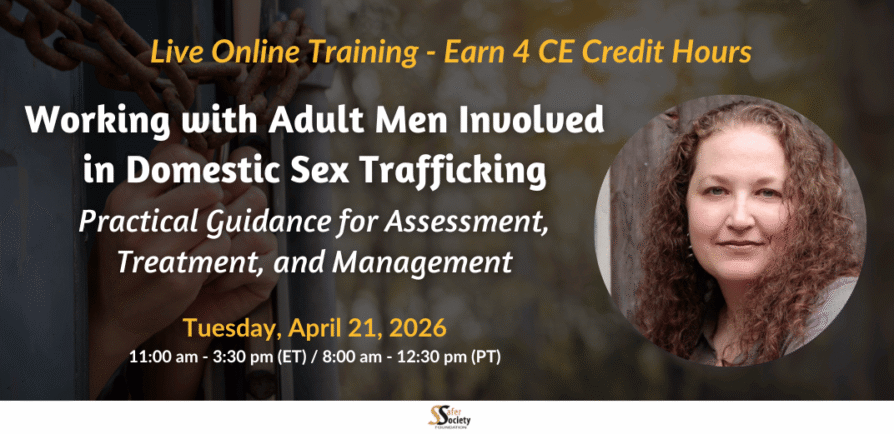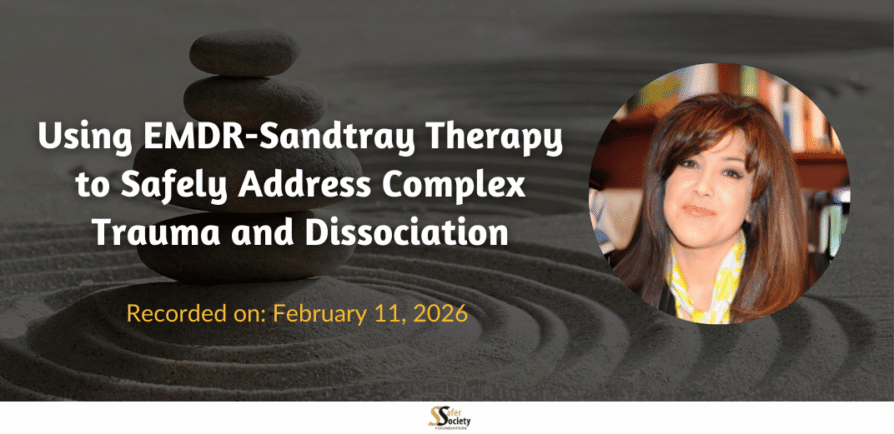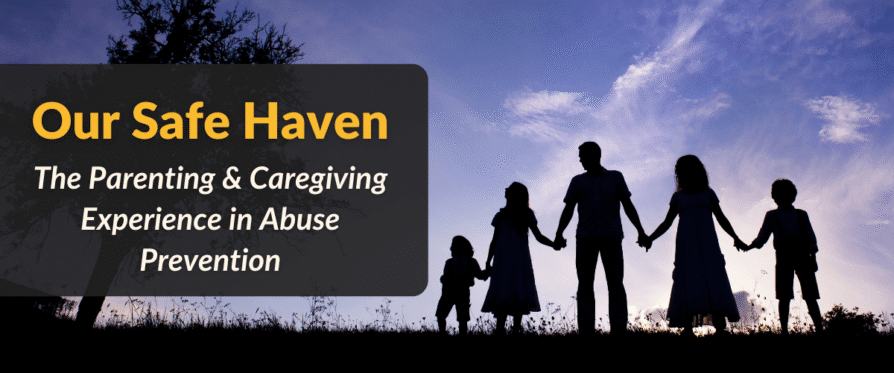Katie Gotch developed this training to provide an overview of human trafficking and the elements of trafficking, a comprehensive overview of the current research, and practical knowledge about adult men convicted of sex trafficking crimes in the United States, and to provide guidance and strategies for assessing, treating, and managing of adult men involved in domestic sex trafficking.
Ms. Gotch also reviews relevant topics such as the cultural/historical context of sex trafficking, psychopathy, and emphasizes trauma-informed approaches in assessment, treatment, and supervision.









